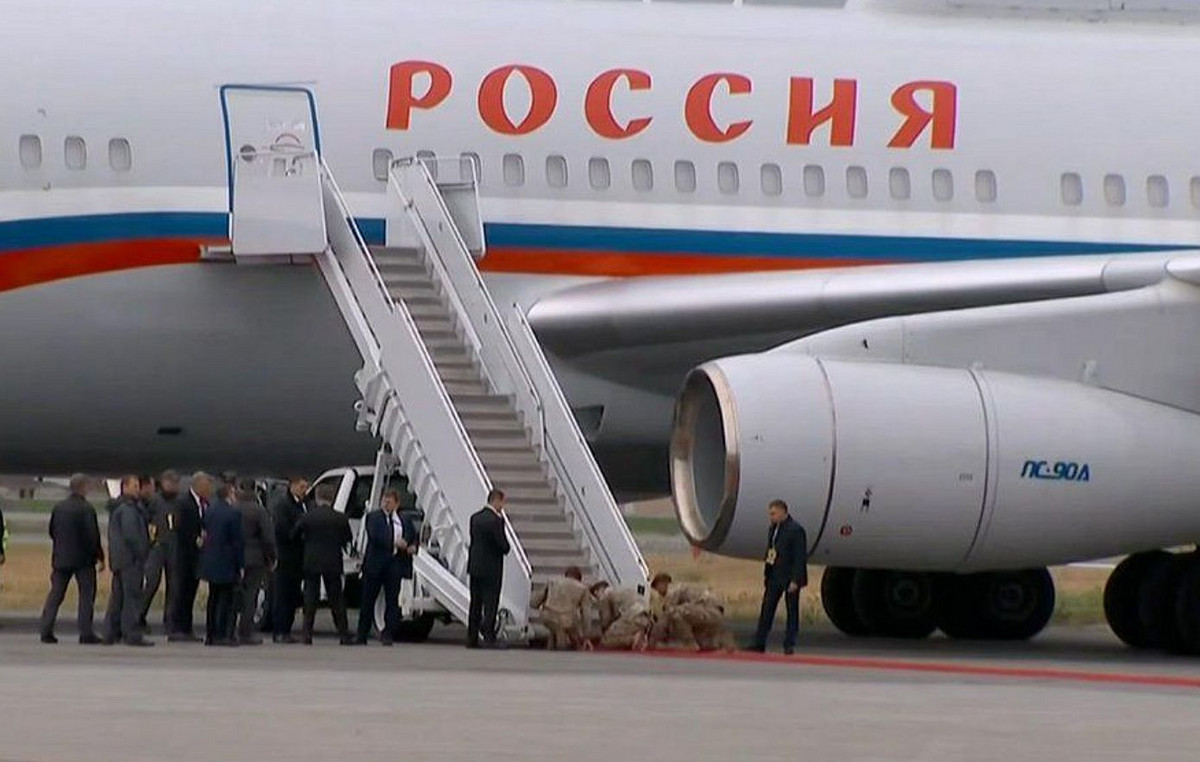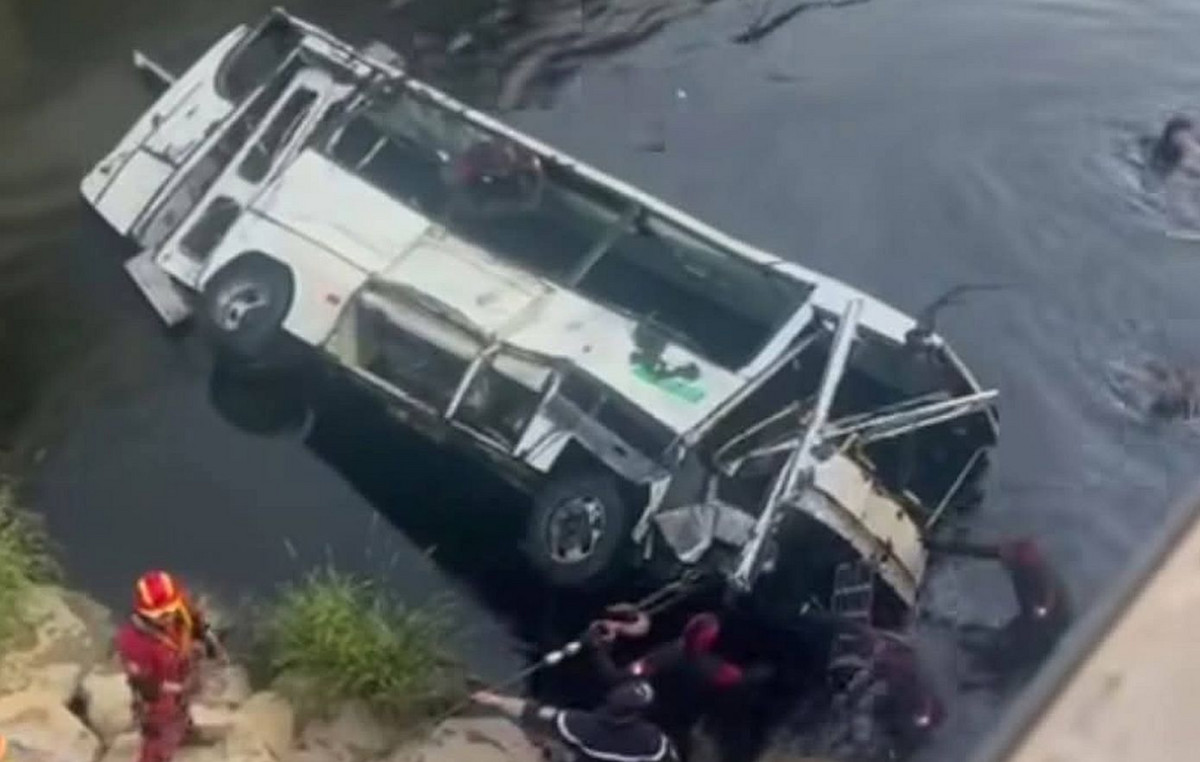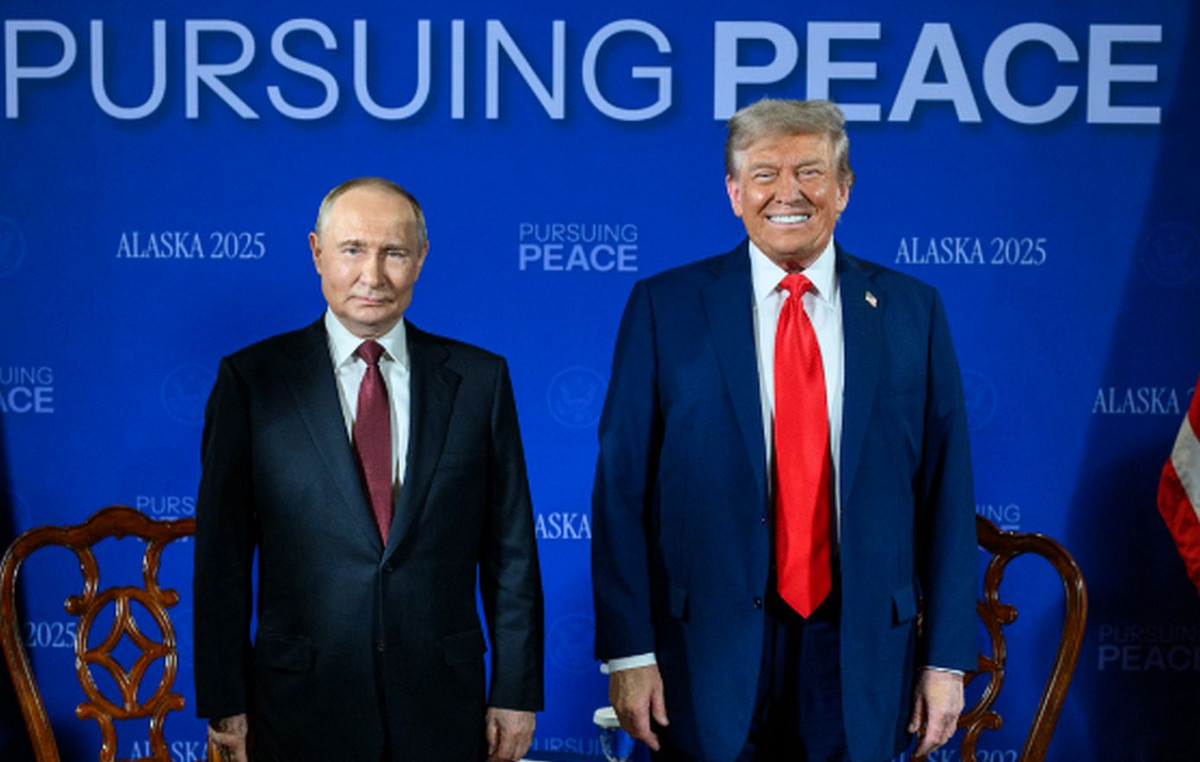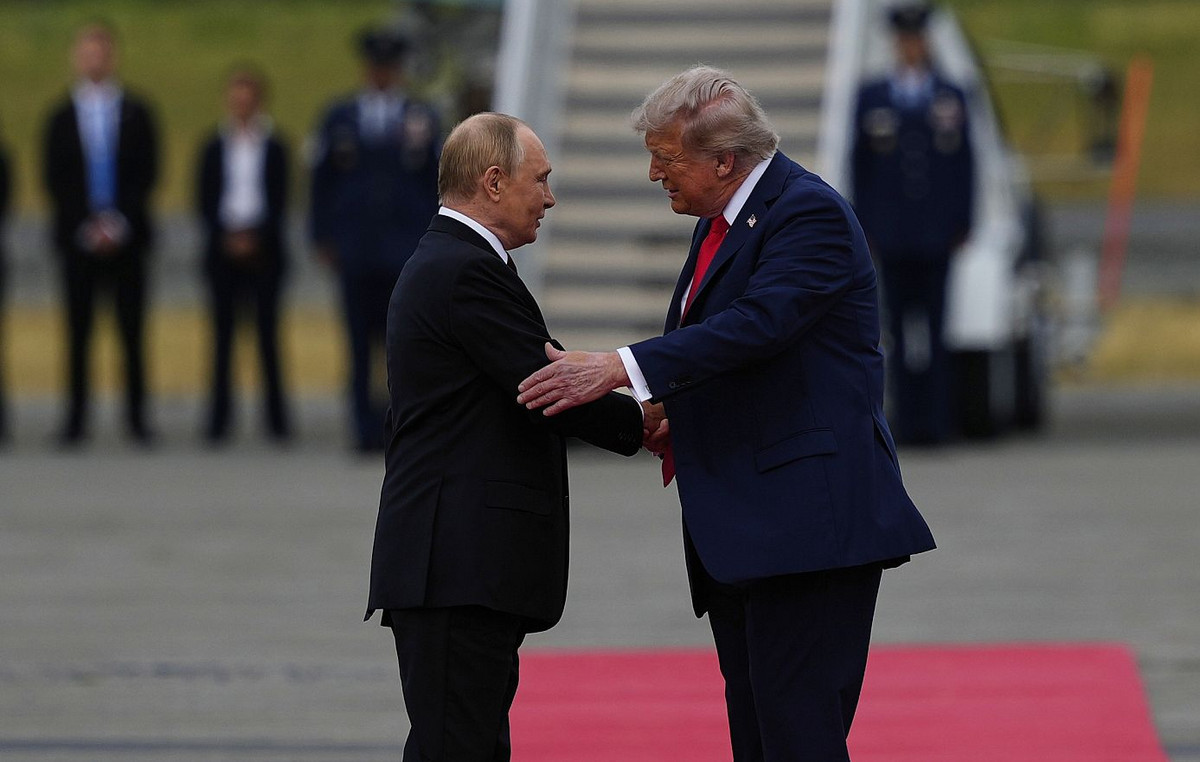If Russia cuts off gas supplies to Europe to retaliate against punitive sanctions for its invasion of Ukraine, the region could still survive next winter. But it won’t be easy or cheap.
That’s the conclusion of a report published Monday by Bruegel. The Brussels-based institution warned that preparations “must be made for the complete termination of all flows of Russian gas to Europe”.
“If the EU is forced or willing to bear the cost, it should be possible to replace Russian gas as early as next winter without economic activity being devastated, people freezing up or electricity supplies being disrupted,” the researchers said. from Bruegel. “But on the ground, dozens of regulations will have to be revised, usual procedures and operations revisited, a lot of money spent quickly and tough decisions made.”
Thanks to record liquefied natural gas imports from countries like the United States in recent months, Europe should be able to last through the summer without serious power outages, even if Russia intentionally cuts off its gas supplies — or if key infrastructure is damaged in the midst of fighting in Ukraine.
However, Bruegel says the bloc needs to start thinking about how to replenish its inventories, which European countries depend on to keep lights on and heat homes.
Europe imports around 40% of its natural gas from Russia. Germany, the bloc’s biggest economy, is particularly exposed: Russia supplies about half of its natural gas.
Austria, Hungary, Slovenia and Slovakia get about 60% of their natural gas from Russia, while Poland gets 80%.
Coal and the weather
If Russian imports cease, Europe will need to reduce gas demand by at least 400 terawatt hours, or about 10% to 15% of annual demand, according to Bruegel. The group said this is “possible” but would require policy changes. Some options include increasing the use of alternative fuels such as coal, delaying the decommissioning of nuclear power plants, or reducing demand from industrial players.
This scenario also assumes that the EU “can acquire unprecedented amounts of LNG, that market participants have sufficient incentives to buy and store gas at high prices, and that the gas is then distributed smoothly between countries.”
The increased use of coal, in particular, would have major consequences for the climate. A major UN-backed report published on Monday found that global warming is on its way to transforming life on Earth as we know it, with more disturbing and widespread effects than scientists expected 20 years ago.
Europe is starting to plan ahead. On Sunday, German Chancellor Olaf Scholz, who made the decision to suspend certification of Russia’s Nord Stream 2 pipeline last week, said the country will build two new LNG terminals.
“We need to do more to protect our country’s energy supply,” Scholz said.
Germany is also considering extending the life of its three remaining nuclear plants, which are due to close this year.
Bruegel says cost management, as well as coordination between governments and companies, will be a challenge as Europe tries to replenish its gas supply. Prices in Europe are below December’s record highs, but remain high.
Adding about 70 terawatt hours of gas to EU storage before next winter would cost at least €70 billion ($79 billion), compared with €12 billion ($13.5 billion) in previous years, according to the Bruegel.
Source: CNN Brasil
I am Sophia william, author of World Stock Market. I have a degree in journalism from the University of Missouri and I have worked as a reporter for several news websites. I have a passion for writing and informing people about the latest news and events happening in the world. I strive to be accurate and unbiased in my reporting, and I hope to provide readers with valuable information that they can use to make informed decisions.







